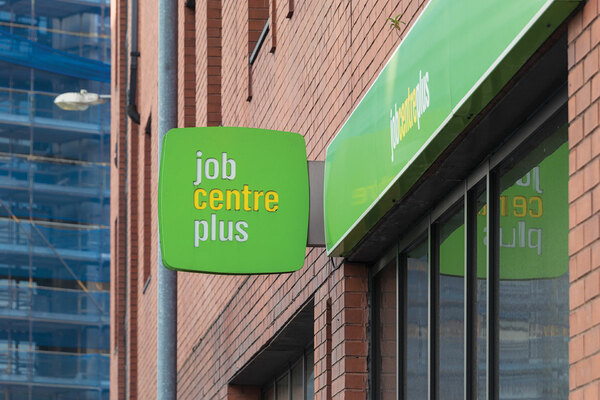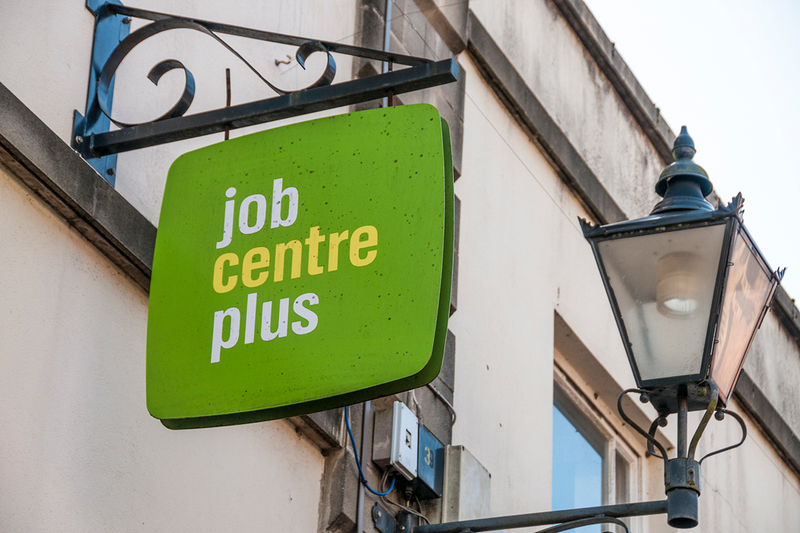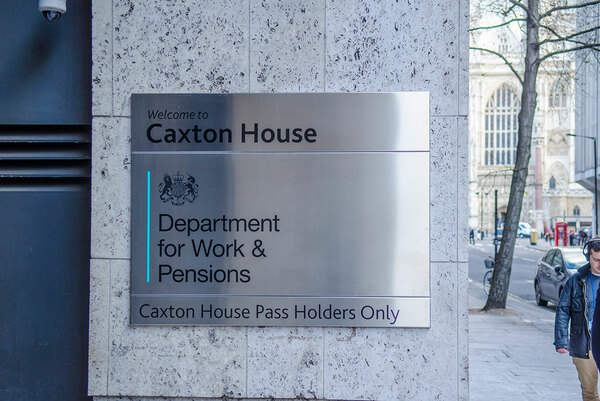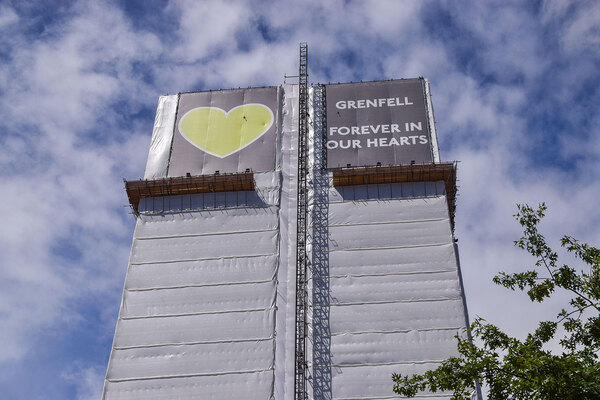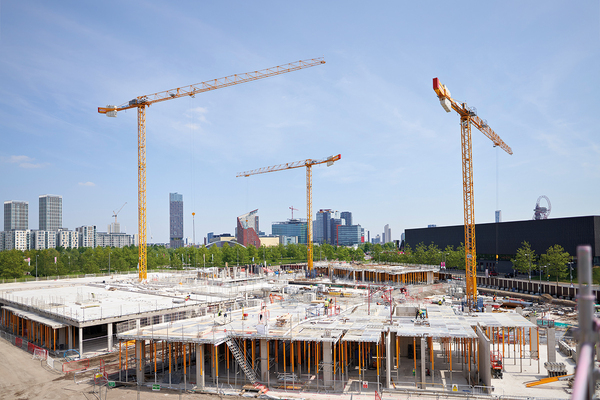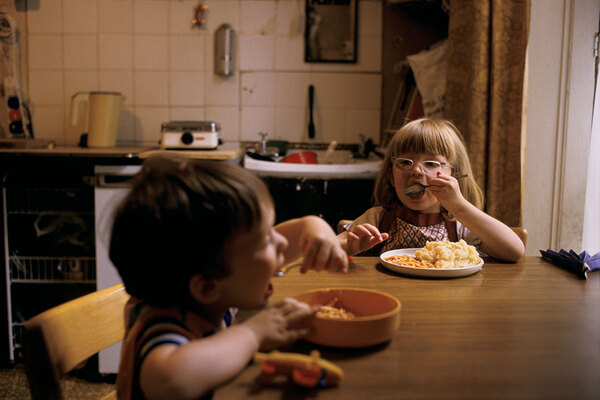 Jules Birch
Jules BirchNot raising the benefit cap during the pandemic has caused hardship – and it is set to get worse
The benefit cap always was always a cruel system based on a bogus definition of fairness and divisive language about strivers and shirkers. Combined with the restart of evictions next month, it could be about to drive people into destitution, writes Jules Birch
Step away from planning reform for a few moments and the grim news out this week reveals a more immediate crisis in the benefits system with even more alarming implications for the future.
Figures published by the Department for Work and Pensions (DWP) show that the number of households subject to the benefit cap almost doubled to 154,000 between February 2020 and May 2020. Of those, 140,000 had children.
More households have moved on to Universal Credit over time so the grey line for total capped households is the one to watch – note that the increase is much bigger than when the benefit cap was reduced in 2016.
The 93% increase seems to have been driven by the first impacts of COVID-19 on employment for families who fell through the gaps in the furlough scheme for employees or income support scheme for the self-employed.
But it actually understates the real impact: the number of households who were capped for the first time increased by an incredible 500% between February and May from 14,000 to 84,000.
The increases are partly the result of the surge in claims for Universal Credit that happened immediately after the coronavirus lockdown.
But they are also an unintended consequence of the temporary increases in Universal Credit and Local Housing Allowance (LHA) at the same time as the furlough scheme in March.
Unfreezing LHA and then restoring rates to the 30th percentile may have been very welcome moves for private renters but it also tipped many more of them into the cap and may even have made them worse off as landlords increased rents to match.
Benefit cap rates are £20,000 for a family (or £23,000 in London) and £13,400 for a single person (£15,410 in London).
In Harlow, for example, the LHA rate for a one-bed flat increased from £614.59 a month to £720.01. The landlord of one of the town’s converted office blocks then increased its rent for one-beds from £612 to £718.
That plus Universal Credit was enough to take a single tenant over the £13,400 benefit cap for single people outside London. More generous LHA left them £13 a month worse off.
Others will have lost far more than that elsewhere: the figures out this week show that households had their benefits capped by an average of £57 a month.
All this is the entirely intended consequence of the failure to increase the benefit cap at the same time as other benefits.
Another factor may be holes in the ‘grace period’ that is meant to protect people who have been in employment for the previous 12 months from being capped for the next nine months.
“Unfreezing LHA and then restoring rates to the 30th percentile may have been very welcome moves for private renters but it also tipped many more of them into the cap and may even have made them worse off as landlords increased rents to match”
The small print says that you have to have earned at least £604 a month over those 12 months, which may be too much for people on irregular or zero-hour contracts.
There is also some anecdotal evidence of the DWP failing to apply the grace period when it should.
And getting another job quickly has just got dramatically harder, with adverts that used to attract a dozen applications now getting hundreds.
This week’s figures only reflect the period immediately after the lockdown and there are even bigger challenges to come as the furlough and income support schemes are phased out between this week and October.
The number of people claiming out-of-work benefits has already risen to 2.6 million and another eight million are on those support schemes that are about to end. The benefit cap always was always a cruel system based on a bogus definition of fairness, divisive language about strivers and shirkers.
Ministers gave false assurances about its impacts at the time it was introduced and told us in the spring that few people losing their jobs because of the pandemic would be affected.
That was clearly wrong. Combine it with the restart of possession actions later this month and millions could be about to face destitution and homelessness.
Jules Birch, columnist, Inside Housing

